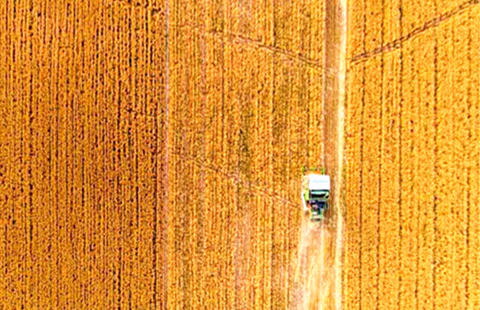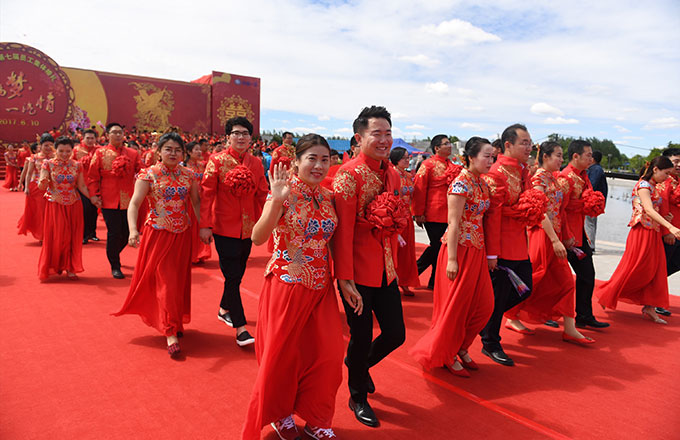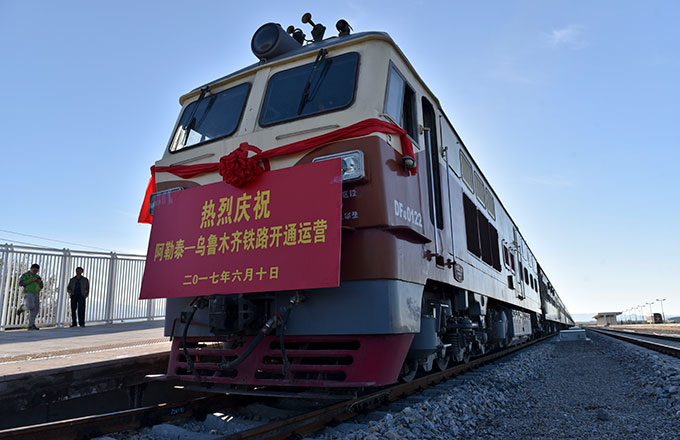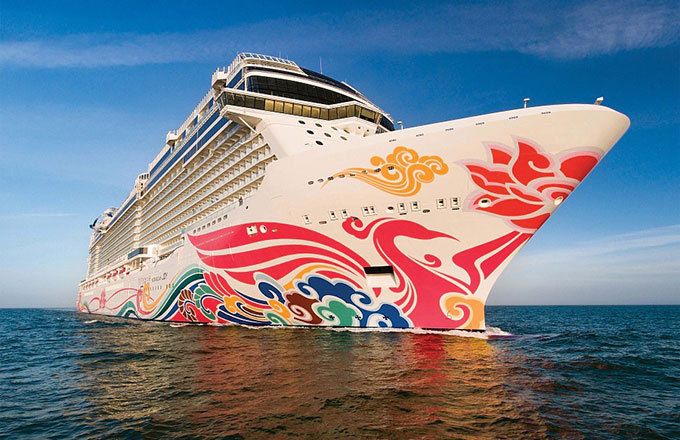Hold high the banner of Mao Zedong thought and adhere to the principle of seeking truth from facts
September 16, 1978
How should we hold high the banner of Mao Zedong Thought? This is a really big question. Many people, both inside and outside the Party, and both at home and abroad, want the banner to be held high. What does that mean? How are we to do so? As you all know, there is a doctrine known as the "two whatevers". Hasn't it become famous? According to this doctrine, whatever documents Comrade Mao Zedong read and endorsed and whatever he did and said must always determine our actions, without the slightest deviation. Can this be called holding high the banner of Mao Zedong Thought? Certainly not! If this goes on, it will debase Mao Zedong Thought. The fundamental point of Mao Zedong Thought is seeking truth from facts and integrating the universal truth of Marxism-Leninism with the concrete practice of the Chinese revolution. Comrade Mao Zedong wrote a four-word motto for the Central Party School in Yan'an: "Seek truth from facts." These four words are the quintessence of Mao Zedong Thought. In the final analysis, Comrade Mao's greatness and his success in guiding the Chinese revolution to victory rest on just this approach. Marx and Lenin never mentioned the encirclement of the cities from the countryside -- a strategic principle that had not been formulated anywhere in the world in their lifetime. Nonetheless, Comrade Mao Zedong pointed it out as the specific road for the revolution in China's concrete conditions. At a time when the country was split up into separatist warlord domains, he led the people in the fight to establish revolutionary bases in areas where the enemy's control was weak, to encircle the cities from the countryside and ultimately to seize political power. Just as the Bolshevik Party led by Lenin made its revolution at a weak link in the chain of the imperialist world, we made our revolution in areas where the enemy was weak. In principle, the two courses were the same. But instead of trying to take the cities first, we began with the rural areas, then gradually encircled the cities. If we had not applied the fundamental principle of seeking truth from facts, how could we have raised and solved this problem of strategy? How could the Chinese revolution have been victorious?
After the founding of the People's Republic of China, Comrade Mao Zedong continued to lead us forward by applying the principle of seeking truth from facts. Of course, at that time many questions could not be raised because the necessary conditions were absent. If we are to hold high the banner of Mao Zedong Thought, we must always proceed from current reality when handling questions of principle and policy. Today, as we work to achieve China's four modernizations, many conditions are present which were absent in Comrade Mao's time. Unless the Central Committee of the Party is prepared to rethink issues and is determined to act in the light of present conditions, many questions will never be posed or resolved. For example, while Comrade Mao was still living we thought about expanding economic and technical exchanges with other countries. We wanted to develop economic and trade relations with certain capitalist countries and even to absorb foreign capital and undertake joint ventures. But the necessary conditions were not present, because at the time an embargo was being imposed on China. And later, the Gang of Four branded any attempt at economic relations with other countries as "worshipping things foreign and fawning on foreigners" or as "national betrayal", and so sealed China off from the outside world. Comrade Mao Zedong's strategic idea of differentiating the three worlds opened up a road for us. We have gone on opposing imperialism, hegemonism, colonialism and racism, working to safeguard world peace, and actively developing relations, including economic and cultural exchanges, with other countries on the basis of the Five Principles of Peaceful Coexistence. After several years of effort, we have secured international conditions that are far better than before; they enable us to make use of capital from foreign countries and of their advanced technology and experience in business management. These conditions did not exist during Comrade Mao Zedong's lifetime. Yes, foreigners may still deceive us or take advantage of our backwardness. For instance, when we import complete plants, they may edge up the price or pass off inferior goods as high-grade ones. But generally speaking, we now have favourable conditions which weren't there before. If we were never supposed to do anything that Comrade Mao hadn't suggested, we could never have decided on our present course of action. What does holding high the banner of Mao Zedong Thought mean here? It means proceeding from present realities and making full use of all favourable conditions to attain the objective of the four modernizations as defined by Comrade Mao Zedong and proclaimed by Comrade Zhou Enlai. If we could only act as Comrade Mao suggested, what could we do now? We have to develop Marxism and also Mao Zedong Thought. Otherwise, they will become ossified.
When we say that theory must be tested in practice, this is what we are talking about. That the issue is still being argued shows how rigid some people's thinking has become. The basic problem is still the one I've mentioned -- that these people's thinking violates Comrade Mao Zedong's principle of seeking truth from facts and the principles of dialectical and historical materialism. We have here, in fact, a reflection of idealism and metaphysics. The world is changing every day, new things are constantly emerging and new problems continually arising. We can't afford to lock our doors, refuse to use our brains and remain forever backward. In today's world, our country is counted as poor. Even within the third world, China still rates as relatively underdeveloped. We are a socialist country. The basic expression of the superiority of our socialist system is that it allows the productive forces of our society to grow at a rapid rate unknown in old China, and that it permits us gradually to satisfy our people's constantly growing material and cultural needs. After all, from the historical materialist point of view correct political leadership should result in the growth of the productive forces and the improvement of the material and cultural life of the people. If the rate of growth of the productive forces in a socialist country lags behind that in capitalist countries over an extended historical period, how can we talk about the superiority of the socialist system? We should ponder the question: What have we really done for the people? We must make use of the favourable conditions we now enjoy to accelerate the growth of our productive forces, improve the people's material and cultural life and broaden their outlook.
What does "hold high the banner of Mao Zedong Thought" really mean? We need to answer this question. The principles and policies now laid down by the Central Committee are examples of truly holding the banner high. The best way is to be resolved to advance rapidly but at the same time surely. Otherwise one is being false or formalistic in "holding the banner high".
(Excerpt from remarks made on hearing a work report by members of the Standing Committee of the Jilin Provincial Committee of the Communist Party of China.)
(From Selected Works of Deng Xiaoping, Volume II <1975-1982>)
- China issues guidelines to develop 'all-for-one' tourism demonstration zones
- Torrential rain triggers disaster in Southwest China
- Harvest time for wheat reapers in Shanxi
- Over 200 couples marry in Changchun group wedding
- Calligraphy tops other icons of Chinese culture, WeChat data shows



















